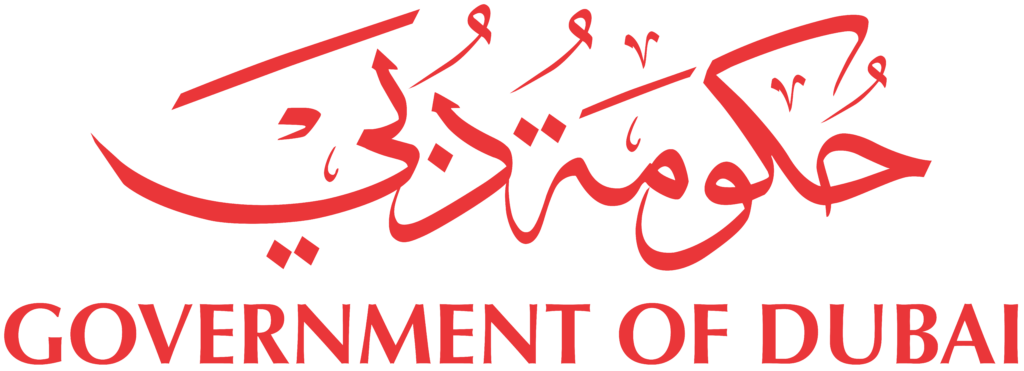Islamic financial institutions (IFIs) play a pivotal role in driving economic growth by providing Sharia-compliant financial solutions that promote ethical investments and sustainable development. These institutions operate based on principles such as risk-sharing, prohibition of interest (riba), and ensuring transparency, which contribute to creating a fair and stable financial system.
In the context of the United Arab Emirates, IFIs have significantly contributed to the nation’s economic diversification by financing infrastructure projects, supporting small and medium-sized enterprises (SMEs), and fostering innovation in various sectors. Their role extends beyond financial transactions to include social responsibility, promoting equitable wealth distribution, and enhancing economic resilience.
Program Objectives:
• Understand the principles and operational frameworks of Islamic financial institutions.
• Analyze the impact of IFIs on economic growth and development.
• Explore the role of IFIs in financing infrastructure and development projects.
• Study case examples of successful economic initiatives driven by Islamic financial institutions.
• Learn how IFIs support SMEs and entrepreneurial ventures.
• Examine the challenges and opportunities facing IFIs in global markets.
• Develop strategies to enhance the role of IFIs in fostering sustainable economic growth.
• Assess the contribution of IFIs to social and economic equity.
This program equips participants with insights into the significant contributions of Islamic financial institutions to economic growth, enabling them to leverage Sharia-compliant finance to drive development and sustainability in diverse economic contexts.


